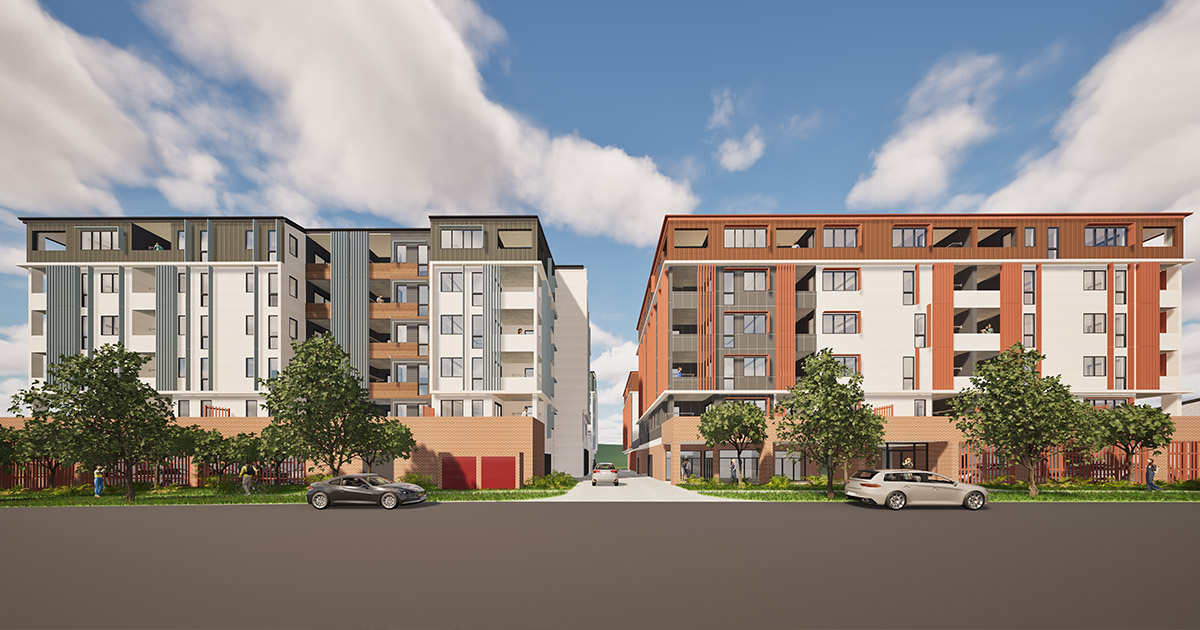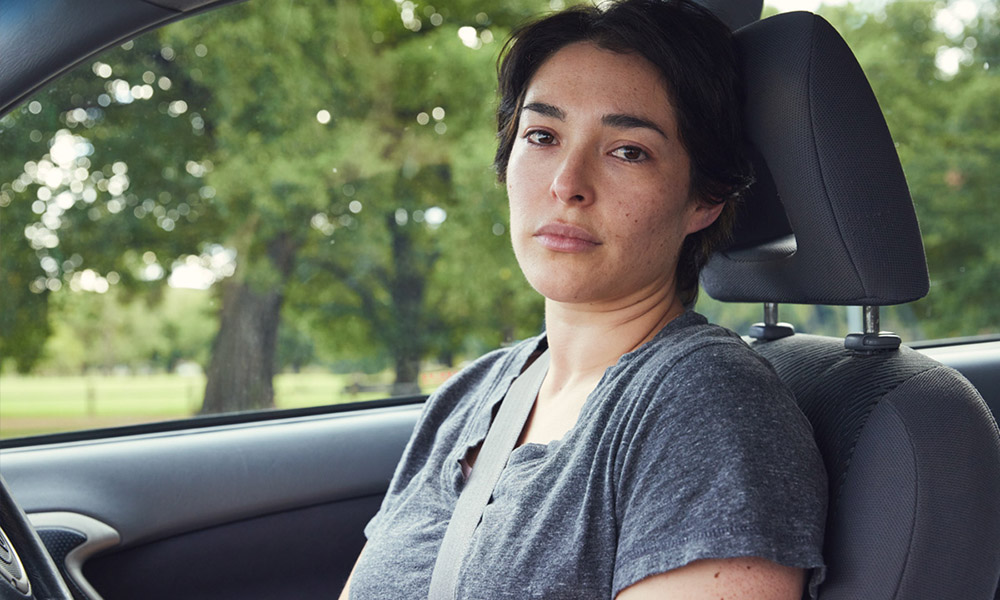Young people most concerned about alcohol, drugs, mental health and discrimination
- Details
Major new research by Mission Australia has revealed rising numbers of young people are reporting concerns about alcohol and drugs, mental health and discrimination, pointing to the need for a more targeted and co-ordinated approach to ensure youth support services are accessible across the nation.
The biggest survey of its kind, the Mission Australia Youth Survey 2016 showed that for the record number of 22,000 15 to 19 year olds who took part, alcohol and drugs and equity and discrimination were the top two issues facing Australia today, with mental health entering the top three for the first time in the 15 year history of reporting. Concerns about mental health have doubled since 2011.
In the survey, young people continued to nominate coping with stress, school or study problems and body image as their top three issues of personal concern. Mental health issues were also increasingly identified as personal concerns for young people.
Worryingly, the report shows one in seven females reported experiencing gender discrimination and one in five Aboriginal and Torres Strait Islander young people reported experiencing discrimination on the basis of race or cultural background.
Catherine Yeomans, CEO Mission Australia said she was particularly worried by the growing numbers of young people reporting concerns around alcohol and drugs, mental health and discrimination.
“Our survey provides a window into young people’s thoughts, concerns and ambitions. Of course, these are young people’s concerns for Australia but we also see mental health concerns reflected at a personal level with stress school and study problems and body image the top three issues.
“We need a coordinated, comprehensive and cohesive national plan to ensure we are delivering the right programs to the young people who need them most.
“There are some great educational awareness programs working in schools but we need to make sure all young people are able to access and navigate the appropriate supports, advice and information to help them in times of need.
“We also need to question how early we start providing mental health services Some of our staff are seeing children as young as eight years old with suicidal thoughts and there is often limited access to the necessary supports.”
Ms Yeomans said further reflection and action is needed to address the numbers of young people both experiencing and witnessing discrimination.
“These levels are simply unacceptable and we must ask ourselves what we can all do to change these results. Political and social leadership is required to help change some of those pervasive attitudes. We have to challenge stereotypes and explicit discrimination when we see it. And this needs to be addressed by governments, businesses, sports and other institutions as well as in the media and at schools,” Ms Yeomans added.
“Commonwealth, state and local governments all have important roles to play in facilitating successful youth transitions and addressing these societal issues so young people have a firm foundation from which to reach for their dreams.
It’s important that we give young people a voice and that we feed those concerns into the policy making process. Young people are our future, their hopes and dreams are our hopes and dreams. It is only right that we make sure we are supporting them on their journey as they transition from childhood to adulthood,
said Ms Yeomans.
This year the youth survey looked in more detail at discrimination experienced and witnessed by young people.
Over one quarter of young people indicated that they had experienced some form of unfair treatment or discrimination in the last twelve months.
The main reasons young people cited for their experience of discrimination were gender (39%) and race/cultural background (31%). One in seven female respondents reported experiencing gender discrimination, more than three times the proportion of males.
One in five Aboriginal and Torres Strait Islander respondents reported experiencing discrimination on the basis of race or cultural background, more than three times the proportion of non-Indigenous young people.
Half the young people surveyed had witnessed someone else being unfairly treated or discriminated against in the last twelve months. The discrimination they witnessed was most commonly on the basis of race/cultural background (58%) and sexuality (41%).
Read the report
2016 Youth Survey Report
2016 Youth Survey Infographic highlights
See the results
Related media releases
Read about what we’ve been working on, our stance on important social issues and how you make a difference to vulnerable Australians' lives.

Mission Australia says more housing & homelessness investment needed in NSW Budget

Ground-breaking ceremony launches Toowoomba housing project

